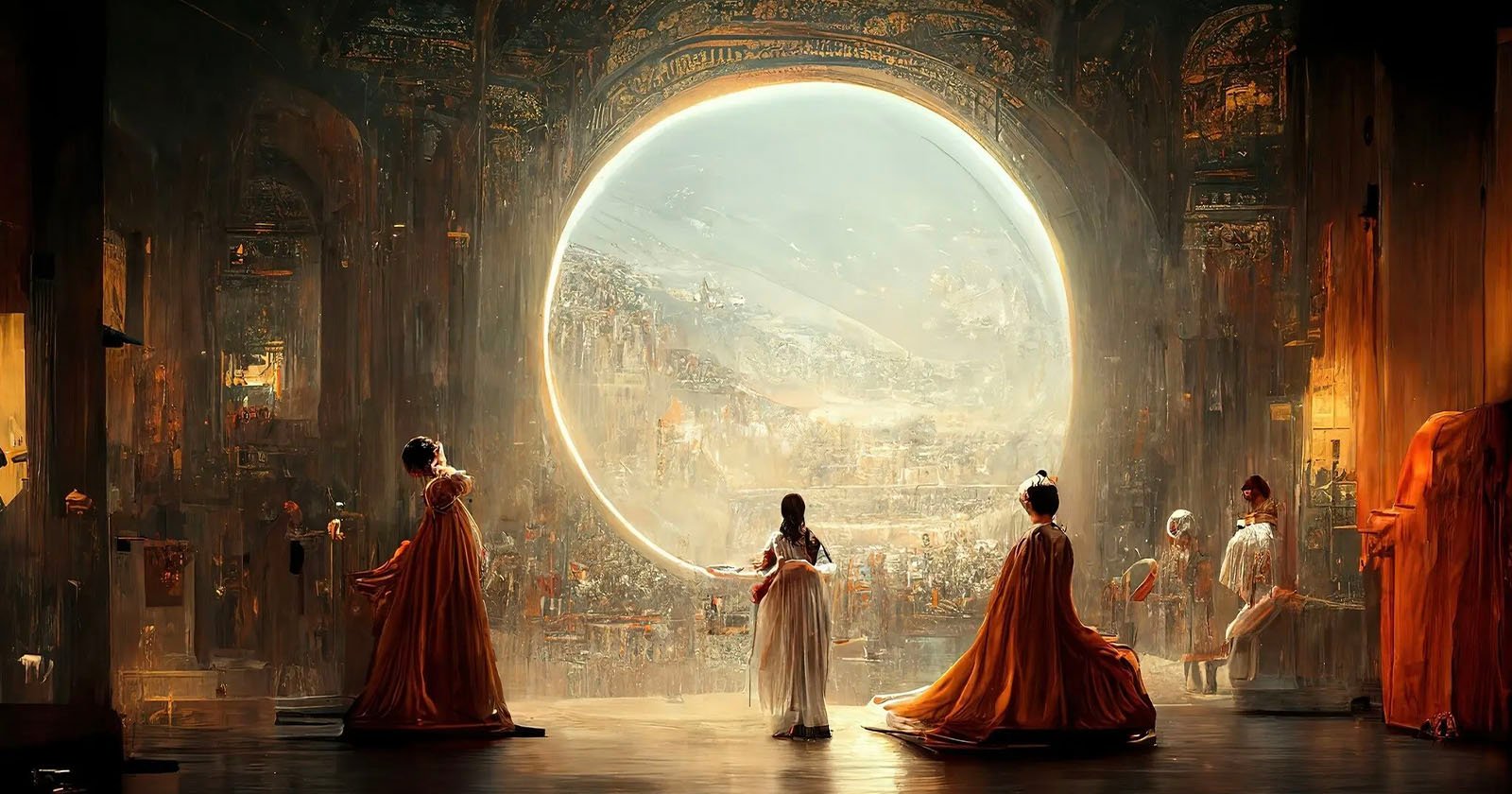An artist who infamously duped an art contest with an AI image is suing the U.S. Copyright Office over its refusal to register the image’s copyright.
In the lawsuit, Jason M. Allen asks a Colorado federal court to reverse the Copyright Office’s decision on his artwork Theatre D’opera Spatialbecause it was an expression of his creativity.
Reuters says the Copyright Office refused to comment on the case while Allen in a statement complains that the office’s decision “put me in a terrible position, with no recourse against others who are blatantly and repeatedly stealing my work.”



boo fucking hoo. If you want to copyright your painting, learn to fucking paint.
It also sucks and is just another shitty AI generated image full of weird nonsense.
Just because he duped a bunch of idiot judges doesn’t mean his art or his arguments have any merit.
Can’t be that shirty if it won an art competition.
Art competitions can be insanely pretentious, throwing some vaguely pretty shit can win over the judges sometimes. My town hosted a art show competition thing where they had a judged award and a voted award. The judges granted it to some dude who made a purposefully pretentious painting to see if he could get the award, the general vote award went to a hand forged bronze axe based off of Minoan double headed axes.
This hasn’t been reported on much, but I actually checked what that “competition” really was, back when the image won the prize. It was some local festival in Bumfucknowhere, USA, which among various other events (sport events, food tasting, that sort of stuff) included an art competition. I doubt the jury was made up of highly experienced art critics.
And besides, people should trust their own eyes. If you like the picture, you like it, and if you don’t, you don’t. Appealing to the critics as a source of objective artistic judgment is naive, and I say that as someone who has published some art criticism myself.